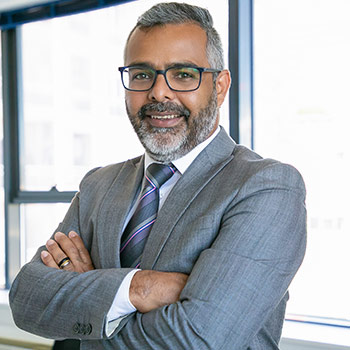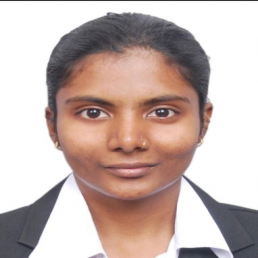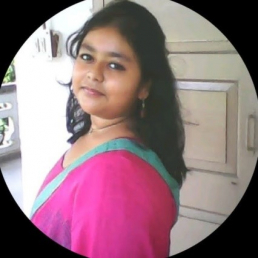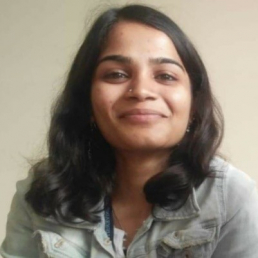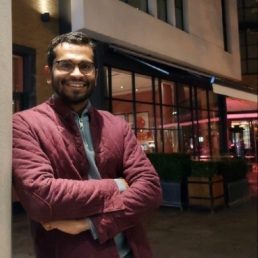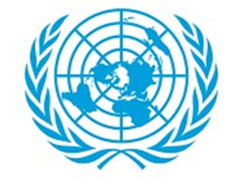As an LLM student at Christ University, Pune Lavasa, I have experienced an exceptional blend of academic rigour and practical exposure. The dedicated faculty and their constant support have helped me to develop a deep understanding of legal concepts and their real-world applications. The curriculum encourages critical thinking, research, and skill development, preparing us to excel professionally. The serene campus environment further enhances the learning experience, fostering both personal and intellectual growth. The serene campus environment further enhances the learning experience, fostering both personal and intellectual growth.



